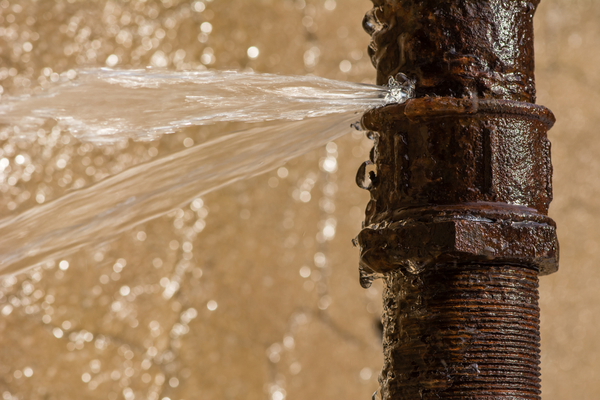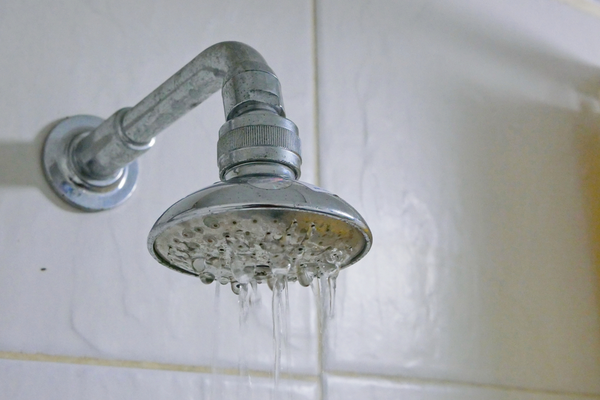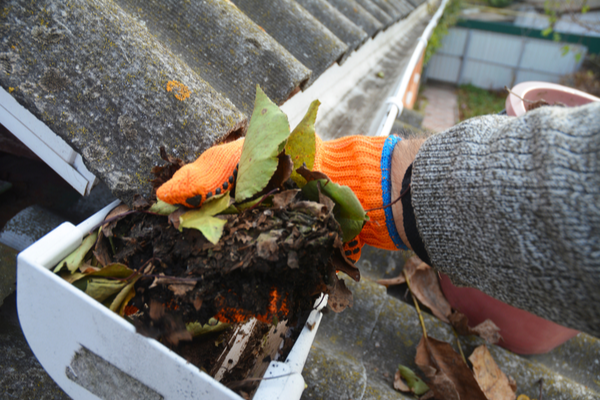Water damage in your home entails more than just damp carpets, mold growth, and an unpleasant odor. Aside from these problems, water damage can cause a range of health problems as well as jeopardize the structural integrity of your property. Anyone who has ever had a leak understands how it feels. When unanticipated damage occurs in your beautiful spot or your house, you feel a mixture of anxiety, sadness, and rage. Your home is the last place you want to be stressed.
Stoppages and damage are common in plumbing systems, particularly in older homes. Look for cracks, bulges, stains, and other indications of moisture on your ceiling or flooring to prevent plumbing problems before they start. If you see a leak, it could indicate that there is also damage in other areas. Increment in your water bill could indicate that your landscape, flooring, and foundation have been damaged.
Check out for pipes in places where water tends to collect, such as crawl spaces and cupboards. If you notice any evidence of water damage, contact a plumber soon enough to avoid further issues. Before winter sets in, make sure to inspect and insulate your pipes.
Common Plumbing Issues
Burst Water Pipe

While a dripping pipe is simple to ignore, regularly dripping taps and pipes waste water and money while also causing water damage. A leaky faucet or pipe is usually a simple task that a plumber can assist you with. Leaking pipes can be associated with high water pressure, mineral accumulation and corrosion, or malfunctioning parts. Corrosion and build-up are both caused by hard water.
An electronic water leak detection system that is installed directly on the main water supply line to the home is a more advanced method of testing for water loss. Water flow, pressure, and temperature are all monitored via sensors. Leaks and ruptured pipes are detected early on before they cause significant damage.
Adverse Weather Conditions
Pipes can freeze and explode during extremely cold winters. If you have particular types of pipes, such as pool supply lines, sprinkler lines, and pipes with inadequate insulation that run against external walls, this is more likely to happen. It’s possible that the source of water damage has nothing to do with the network of pipes or any other building features. Water damage to your home can also be caused by severe weather conditions. Excessive rainfall that creates flooding and heavy snowfall are examples of these climatic changes. If your area’s temperatures are prone to freezing, make sure your pipes are protected. Use heat tape or pipe wraps from your local home improvement store to safeguard both hot and cold water lines.
Keep the garage door closed as much as possible if you have water supply pipes in your garage. Allow relatively warm air to circulate by opening cabinet doors in the kitchen and bathroom. If you’re going to be gone for a while, turn on the heat and set your heating element to at least 55 degrees. You may not be able to control the weather, but you can battle to rescue your pipes. There isn’t much you can do about bad weather except take steps to prevent water damage. If you suspect heavy rain, inspect your sewer pipes, downspouts, and outdoor drainage.
Clogs
Small, readily controllable clogs can be cleared with common home tools, but regular clogs may signal a more significant blockage that necessitates professional help. After months of build-up in drains, this might happen. It’s possible that the loud, visible rumbling in your pipes isn’t just a house glitch. Rattling pipes can signal a fault with water flow and, if neglected, can lead to unsafe pipes. Parts may break free, causing water leaks and compromising the general stability of your pipes.
Dirt, grease, hair, and other items can quickly plug the bathroom and sink drains. Pipes can burst, resulting in structural damage. If drain clogs are not cleaned, health issues such as disease, sickness, and severe health conditions may arise. Clogged drains can cause damage to other areas of the house if they are not fixed. A clogged toilet, for example, can back up into your sink. It’s possible that the floors and wall support will warp.
Unwanted debris might clog drains if small screens are used. Once a month, pour hot water down your drain to dissolve grease, soap scum, and other particles before they clog your pipes. Water can back up from other regions due to serious blocked drains. If you’ve had this problem in your home, it’s advisable to get professional assistance!
Low Water Pressure

Low water pressure in the home can be more than a discomfort. It may be a simple fix in one spot, but low water pressure on all sources can suggest a leak in your home. Mold and corrosion can be caused by moisture leaking through your concrete and basement areas. Keep an eye out for these indications in your home on a frequent basis. Cleaning your gutters on a regular basis and keeping your trees and vegetation in good shape will keep unexpected water from causing damage to your walls and foundation.
You can install Flood protection systems, which sound an alarm when moisture is detected. Make sure the water pressure in your home isn’t too high. If this is the case, pipes and hoses may burst due to the pressure. You can use a water pressure gauge to assist you to maintain consistency. In homes where the water pressure cannot be managed, a water pressure regulator can help.
This might result in substantial water damage as well as an expensive water bill. It’s possible that a sudden increase in your usual water expenses isn’t due to someone in your house taking regular showers. A running toilet or a large leak (which causes low water pressure) could be the cause of a substantially higher monthly water bill.
Faulty Sump Pump
If your sump pump fails, you may have a huge flood in your home. After that, you’ll have to deal with mold, wetness, and bacteria. Always make sure your sump pump is positioned straight to ensure optimal performance. A sump pump is a device that pumps water away from your home’s floor through a discharge pipe. When a sump pump malfunctions, a flooded basement and costly water damage are common outcomes. It only takes a small amount of water to produce severe issues. A tiny bit of stagnant water on the floor of your basement can rapidly evolve into a mold problem.
Make sure the discharge pipe’s vent hole is clear. Your outlet pipes should be tightly connected and drained at least six feet away from your home. You don’t have to wait until your basement floods to take care of your sump pump issues. It can help you understand frequent sump pump issues and then avoid them by selecting the right sump pump. If your sump pump is the wrong size, it may not be able to handle large amounts of water, resulting in a flooded basement. A single pump isn’t always sufficient.
A defective control valve or an overused, underpowered pump might cause a sump pump to burn out. Sump pumps consisting of low-cost parts and equipment are prone to failure, especially when they’re most needed during excessively rainy weather. If you find any sump pump leakage, contact a professional right away.
Preventing Water Damage
Water damage can be caused by blocked gutters, clogged sewers, open water supply lines, leaking pipes, defective appliances, and septic tank overflow, among other things. You will save a lot of money and effort if you can avoid water damage. There could be a leak in your plumbing system if you observe a substantial rise in your water bill despite not changing your water usage. Water damage can also cause issues in your home, such as damage to the structure and foundation.
When water floods a home, it can create health conditions, especially in people with weakened immune systems, such as young children and the elderly. When your home floods, it becomes unappealing and untidy, making it difficult to entertain guests. Water damage can be mitigated in a variety of ways. One of these methods is to inspect your plumbing systems and appliances on a regular basis in order to spot any problems early.
Purchasing water detectors will assist you in detecting little water leaks that are typically overlooked. Increasing water pressures can cause pipes to rupture, creating leaks, therefore checking your water pressures can assist prevent water damage. You can also install water detectors that sound an alarm when moisture is detected, detecting even the tiniest leaks that go undetected.
Trust An Expert, Trust Argus Restoration!
Delving to the bottom of situations can help you deal with minor water damage, but you should leave the more key challenges to the experts. You won’t have to worry about water damage for years if you take the proper precautions.
Contact Argus Restoration immediately for skilled and prompt plumbing service, and we’ll take care of you.

